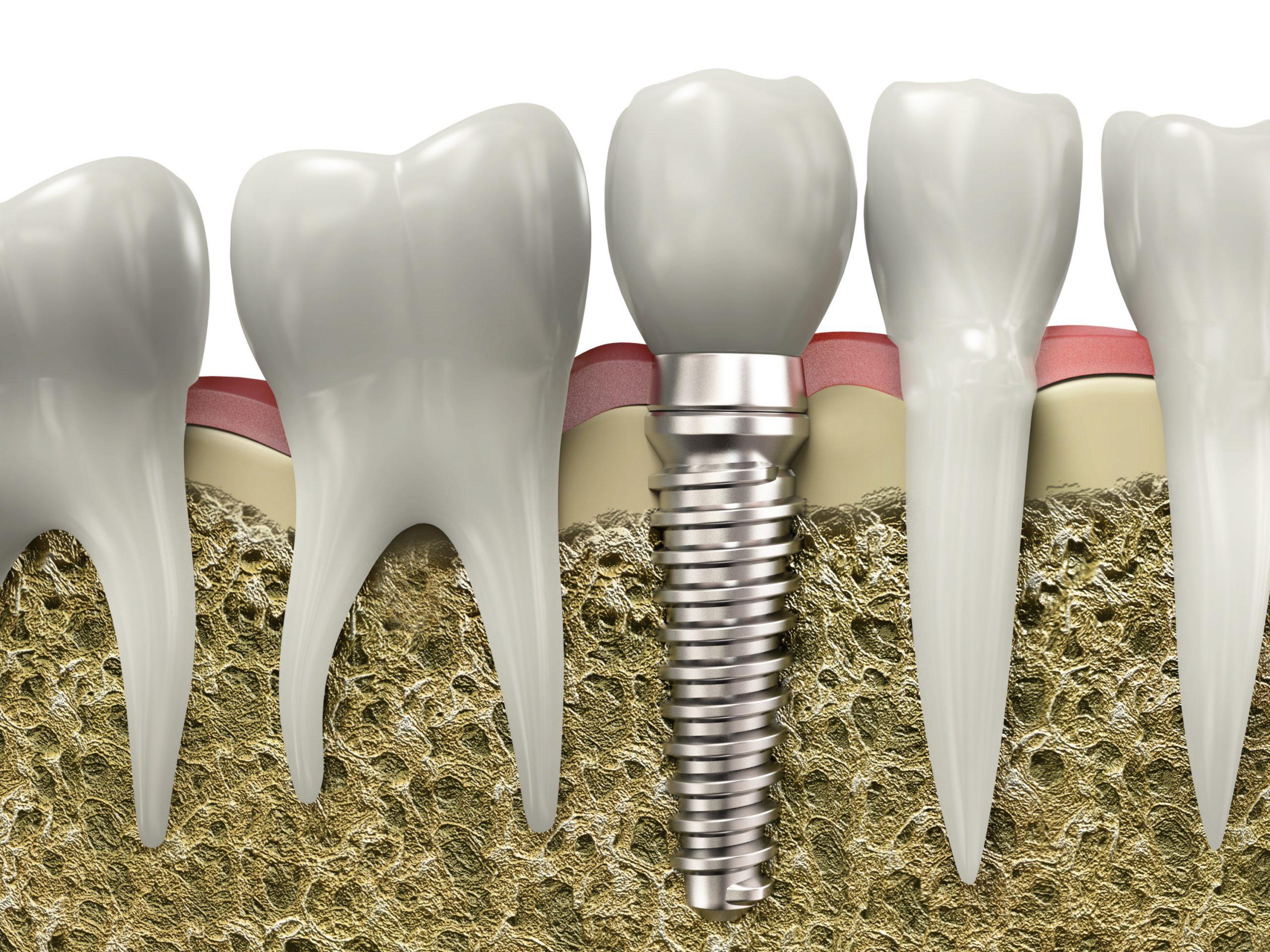Have you ever wondered what causes swollen gums and how you can effectively treat them? Swollen gums can be uncomfortable, painful, and even embarrassing, but understanding the root cause of swollen gums is the first step towards finding relief. In this comprehensive guide, we delve into the various reasons behind swollen gums and explore the most effective treatments available.
What Are the Causes of Swollen Gums?
Swollen gums can be caused by a variety of factors, ranging from poor oral hygiene to underlying health conditions. Here are some common culprits:
Poor Oral Hygiene:
Neglecting proper oral hygiene practices such as brushing and flossing can lead to the buildup of plaque and bacteria along the gumline, resulting in inflammation and swelling.
Gingivitis:
Gingivitis is a mild form of gum disease characterized by red, swollen gums treatmentthat may bleed easily. It is primarily caused by poor oral hygiene but can also be exacerbated by factors such as smoking and hormonal changes.
Periodontitis:
If left untreated, gingivitis can progress to periodontitis, a more severe form of gum disease that can cause irreversible damage to the gums and supporting structures of the teeth. Symptoms include persistent swollen gums, receding gumline, and loose teeth.
Hormonal Changes:
Hormonal fluctuations during puberty, pregnancy, and menopause can increase the risk of developing swollen gums due to changes in blood flow and hormone levels.
Certain Medications:
Some medications, such as anticonvulsants, immunosuppressants, and certain heart medications, can cause gum swelling as a side effect.
Poor Nutrition:
A diet lacking in essential nutrients, particularly vitamin C, can weaken the immune system and make the gums more susceptible to infection and inflammation.
Smoking:
Tobacco use not only increases the risk of gum disease but also impairs the body’s ability to heal and fight off infections, leading to persistent swollen gums.
Stress:
Chronic stress can weaken the immune system and increase inflammation throughout the body, including the gums.
How Can Swollen Gums Be Treated?
Fortunately, there are several effective treatments available to alleviate swollen gums and restore oral health. Here are some options to consider:
Improved Oral Hygiene:
The cornerstone of treating swollen gums is maintaining good oral hygiene practices. This includes brushing your teeth twice a day with a fluoride toothpaste, flossing daily, and using an antimicrobial mouthwash.
Professional Dental Cleaning:
If swollen gums are due to plaque and tartar buildup, a professional dental cleaning may be necessary to remove the deposits and restore gum health.
Antibacterial Mouthwash:
Rinsing with an antibacterial mouthwash can help reduce inflammation and kill harmful bacteria in the mouth.
Scaling and Root Planing:
For more advanced cases of gum disease, scaling and root planing may be recommended. This deep cleaning procedure removes plaque and tartar from below the gumline and smooths the roots of the teeth to promote healing.
Medication:
In some cases, your dentist may prescribe antibiotics or antiseptic gels to help control infection and reduce inflammation in the gums.
Lifestyle Changes:
Quitting smoking, eating a balanced diet rich in fruits and vegetables, and managing stress can all contribute to improved gum health.
Surgical Intervention:
In severe cases of gum disease where non-surgical treatments have been unsuccessful, surgical intervention such as gum grafting or flap surgery may be necessary to repair damaged tissue and prevent further complications.
Regular Dental Checkups:
Routine dental checkups are essential for detecting and treating gum disease in its early stages before it progresses to more severe forms.
Conclusion: Taking Control of Your Oral Health
Swollen gums can be a painful and frustrating problem, but with the right approach, it is entirely manageable. By understanding the underlying causes of swollen gums and implementing effective treatments, you can take control of your oral health and enjoy a lifetime of healthy smiles. Remember to prioritize good oral hygiene, seek professional dental care when needed, and make healthy lifestyle choices to keep your gums happy and healthy.

